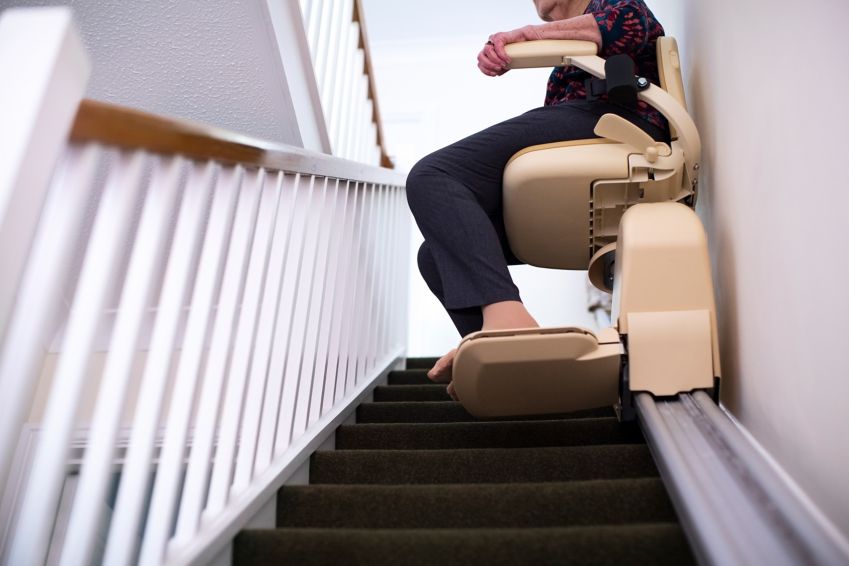Yes, Medicare Part B does cover some of the costs of a lift chair. Here are a few things to keep in mind:
- Your doctor must give you a prescription for a lift chair for your home.
- You must get your lift chair through a DME supplier that is enrolled in Medicare opens in new window .
- Part B only helps pay for the lifting device, not the chair itself.
If you want to use your Medicare benefits, understand that Medicare considers a chair and a lift device to be 2 separate items. And Medicare only helps pay for the lifting device, not the chair itself.
If you’ve already met your Part B deductible, you’ll pay 20% of the Medicare-approved cost for a lifting device. You will also still have to pay for the chair itself.
Medicare Part C, also known as Medicare Advantage plans , might pay for a lift chair. If you have a Medicare Advantage plan, check with your plan provider.
Medicare Supplement insurance plans (Medigap) may also help cover the cost of a lift chair. Depending on your plan, it may pay some of the out-of-pocket Part B costs, like deductibles or copayments.



